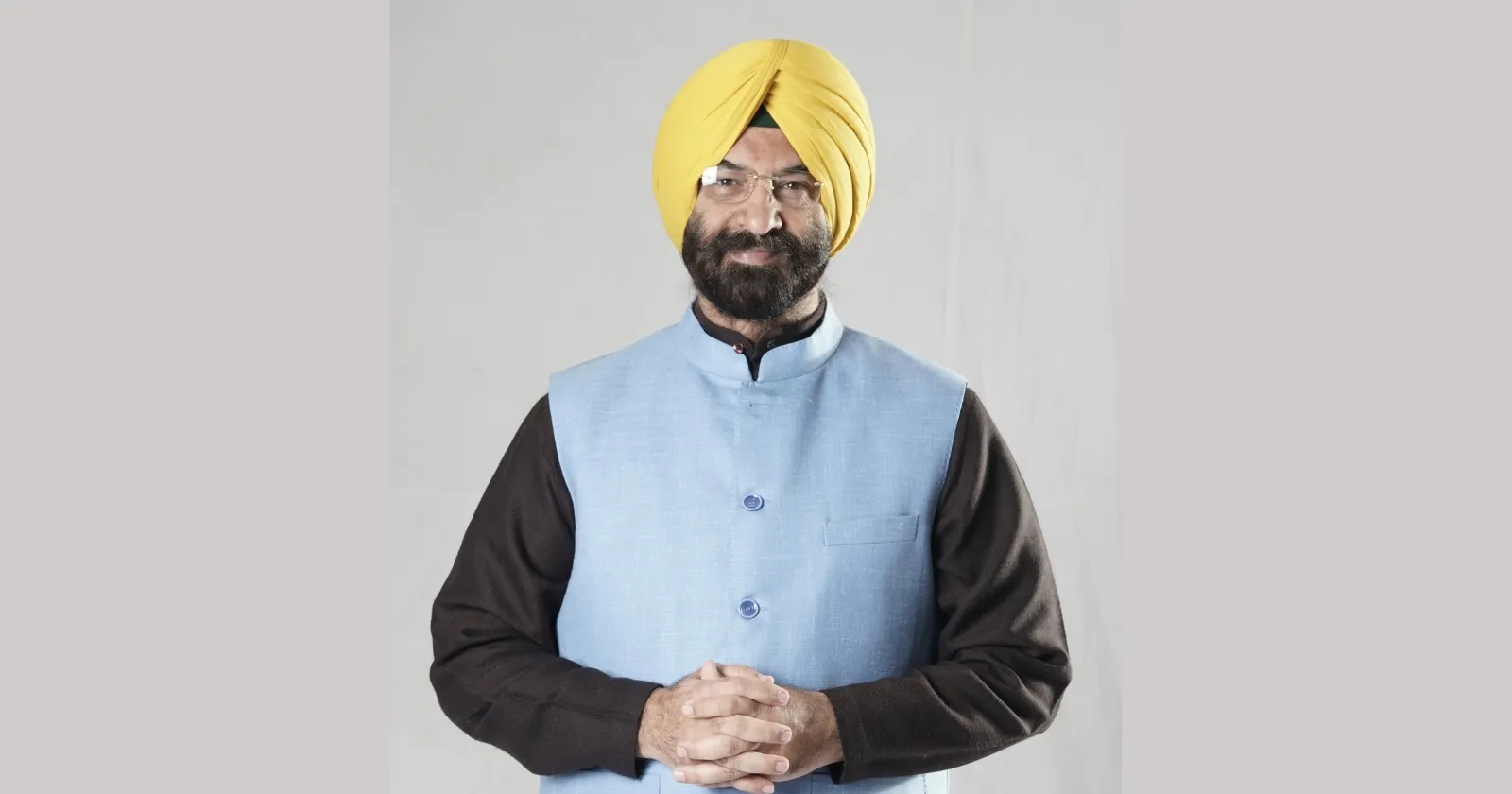
The Delhi government has partnered with IIT Delhi and ICAT to retrofit 30 BS-III and BS-IV government vehicles with advanced catalytic converter devices.

Share Post

The Delhi government has partnered with IIT Delhi and ICAT to retrofit 30 BS-III and BS-IV government vehicles with advanced catalytic converter devices.
In a landmark pilot initiative to tackle vehicular pollution without scrapping functioning vehicles, the Delhi government has partnered with IIT Delhi and ICAT to retrofit 30 BS-III and BS-IV government vehicles with advanced catalytic converter devices – an innovation that could slash emissions by over 70 per cent and set a template for India’s clean-air future.
Environment Minister Manjinder Singh Sirsa emphasised the dual nature of the initiative: “This pilot is a trial and a statement of our vision – to deploy permanent, innovative solutions that clean Delhi’s air while keeping essential transport running.”
The Delhi Pollution Control Committee (DPCC), in collaboration with PWD, MCD, DJB, and the Health Department, will oversee vehicle selection and retrofit operations. Specialised third-party testing, carried out by IIT Delhi or ICAT, will validate the emission reduction levels.
Emission cut potential: Over 70 per cent reduction in harmful pollutants such as particulate matter, carbon monoxide, hydrocarbons, and nitrogen oxides.
Real-world trials indicate the retrofit devices can deliver substantial cost savings – up to 95 per cent cheaper than replacing vehicles with BS-VI equivalents—and require minimal vehicle downtime.

Retrofitted vehicles have already clocked over 9,000 km in field tests, proving the devices’ durability, low backpressure, and self-regeneration capability
Sirsa added, “Our goal is not just to comply with environmental directives but to lead the way in building a cleaner, healthier and more sustainable Delhi.”
Cleaner Air, Healthier Markets
Over 70 per cent drop in harmful emissions means better respiratory health for everyday Delhiites. Plus, it's a way to extend the life of older vehicles without compromising air quality.
Smart, Not Scrappy
Scrapping still-functional cars was a financial blow to many. Retrofitting offers a cost-effective, sustainable path – avoiding waste while achieving clean-air goals.
Cost & Convenience Win
The retrofit approach could be up to 95 per cent cheaper than buying a new BS-VI vehicle. Minimal downtime means less disruption to transport services.
India-wide Ripples
If the pilot is deemed successful, the model could expand across Delhi – and maybe, all of India – reinventing how we clean up ageing vehicles nationwide.
Beyond Bans – Towards Tech Solutions
Instead of outright bans (like those on non-BS-VI vehicles entering Delhi post-November 1), this effort opts for innovation—wrapping old tech in new solutions.
Bharat Stage (BS) norms – precursors to Europe’s emission standards – streamlined vehicle norms, with BS-VI becoming mandatory from April 2020. But millions of BS-III and BS-IV vehicles still ply Indian roads.
For many vehicle owners, especially those with well-maintained older rides, scrapping posed both emotional and financial burdens – fanning widespread criticism and demand for alternatives. Solutions like this retrofit stand to address both the environment and empathy.
2026 Tata Punch EV Facelift Variants and Features Explained
Acko Drive Team 20 Feb, 2026, 3:24 PM IST
Refreshed Tata Punch EV Aims to Massify EVs in Entry-Level Car Segment, Leveraging Falling Battery Prices, Product Optimisation
Sumantra Bibhuti Barooah 20 Feb, 2026, 12:29 PM IST
Beyond Commute: 8 Cultural Events Redefining Indian Motorcycling
Acko Drive Team 20 Feb, 2026, 11:58 AM IST
Tata Punch EV vs Rivals: Specs & Prices Compared
Acko Drive Team 20 Feb, 2026, 10:24 AM IST
AB Volvo Proposes Re-Election of Board Members at AGM, Matti Alahuhta to Depart
Acko Drive Team 20 Feb, 2026, 9:59 AM IST
Looking for a new car?
We promise the best car deals and earliest delivery!
